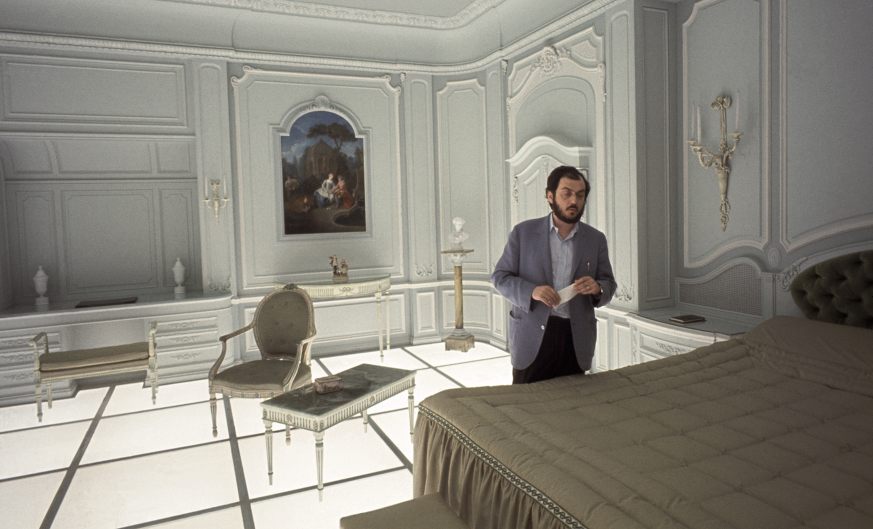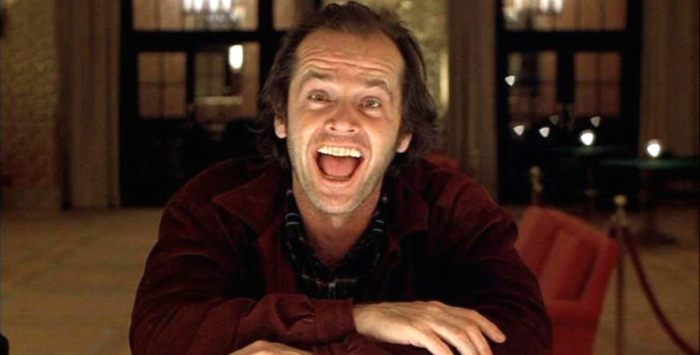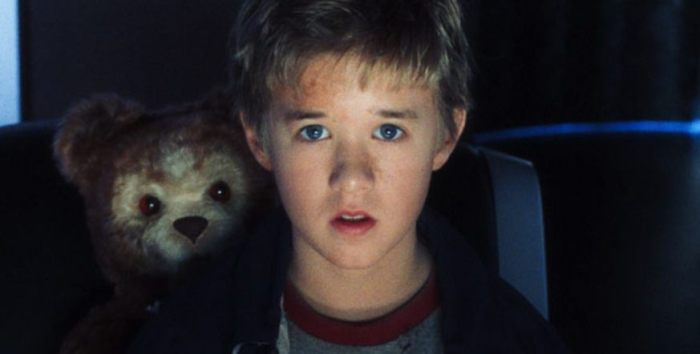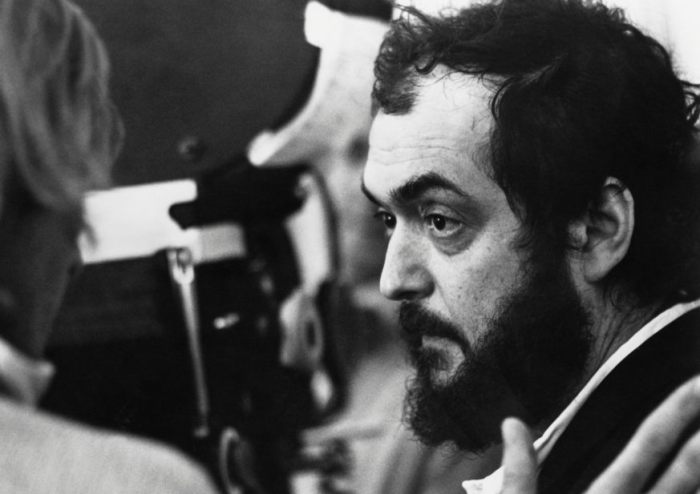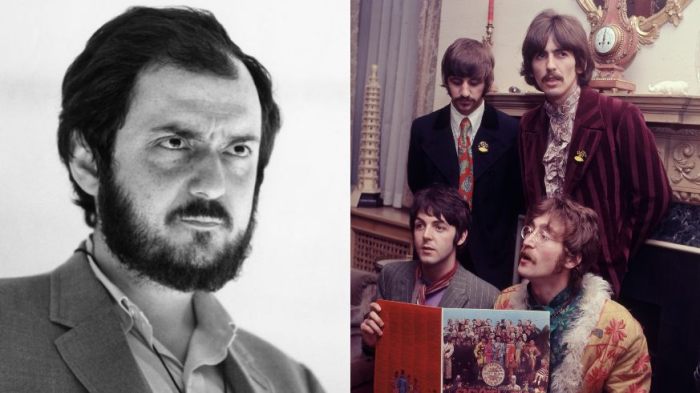Nearly 20 years after his death, there’s absolutely no debating Stanley Kubrick’s place amongst the cinematic elite.
How could he not be there? While “2001: A Spacey Odyssey,” “Dr Strangelove,” “The Shining,” “Full Metal Jacket” and “A Clockwork Orange” are usually the first to be lauded from Kubrick’s oeuvre, all 13 of his films made a huge impact on the cinematic landscape.
But what is it that really makes Stanley Kubrick so important? I recently had the chance to speak to Leon Vitali, the man who, after being cast in “Barry Lyndon,” gave up his career as an actor to work as Kubrick’s right-hand man/filmworker for the next 25 years, and during our discussion I asked him that very question.
“When you look at his cannon of work every single one of those films is different. Even if it touches upon the same theme about war. They are all incredibly different and nuanced angles about war.”
“‘Paths Of Glory’ was anti-war, clearly, ‘Strangelove’ was about megalomania and the creation of war through that, and ‘Full Metal Jacket’ was a straight-forward war film with no moral message behind it. That was what he wanted to do with all of his films.”
“Look at ‘2001,’ there wasn’t a line of dialogue for 20 minutes, but you could follow everything. It was so beautifully orchestrated and told you everything you needed to know for the next stage of the film, all of which he follows through with to the regeneration of humanity in another form.”
“There are so many people that can actually interpret that film for themselves in their own way, which may have nothing to do with how I think or how anyone else feels, and that for me is the beauty of all of Stanley’s films. Because you made up your own mind.”
“People still try and find meanings in his films. Which I think is amazing. Because people can watch them dozens of times and find something new. I can tell you right now that when ‘Barry Lyndon’ came out it was slaughtered by critics.”
“But over the years, and it started about a year before Stanley died, there was suddenly a new interest in it. People would say, ‘I’ve just seen ‘Barry Lyndon’ again, I hadn’t seen it since it was released. And it is a great film.’ For some people it is their favorite Kubrick film.”
“The same thing is now happening with ‘Eye’s Wide Shut.’ Because they didn’t get it the first time. And now they are getting it and understanding it in a different way. That’s the thing about Stanley’s films. You visit them over and over and over again and you always see something different.”
“Martin Scorsese once said it was like watching a different film over again. That’s the resonance.”
“His films made people think. And sometimes it is uncomfortable. It is still up to you to decide what you think about it. He doesn’t want to make a film that says, ‘This is how you have to think.’ Or, ‘This is how I want you to think.’ You kind of accepted that some people weren’t going to like it.”
You can learn more about the career of Leon Vitali, and the work of Stanley Kubrick, by checking out the documentary “Filmworker,” which is now in selected cinemas.

